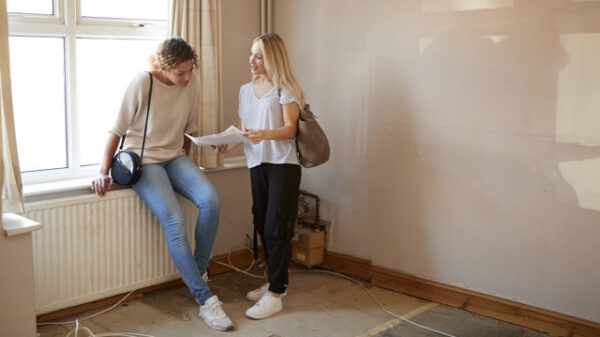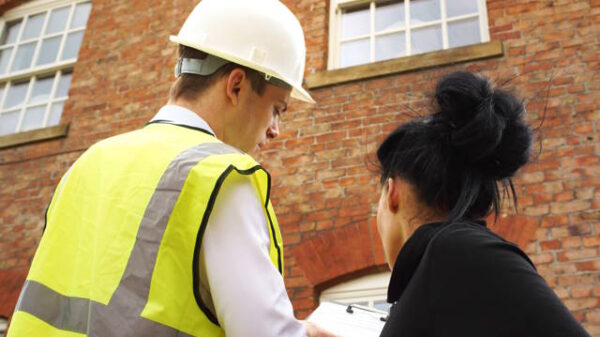Negotiating is an important part of the home-buying process, as it can determine the final purchase price and terms of the transaction.
Whether you’re working with an estate agent or buying a home on your own, it’s important to understand the basics of negotiation to ensure that you get the best possible outcome.
Here’s a guide to help you negotiate when buying a house.
1. Determine your budget
Before beginning negotiations, it’s important to have a clear understanding of your budget and the amount that you’re willing to spend on a home.
This will help you set realistic expectations and make informed decisions during the negotiation process.
If you’ve found a home you like, try not to let your heart take over. Keep a clear head and remember, this is a business transaction so don’t get too carried away!
2. Research the market
Research the property market in the area where you’re interested in buying a home to get a better understanding of comparable homes and their prices.
This information will help you determine a fair offer price and make informed decisions during negotiations.
There are plenty of resources online which will help you establish a fair price for the property you’re interested in.
Researching sold prices and view current estimates will put you in a stronger negotiating position.
3. Make an initial offer
When you’ve found a home that you’re interested in, it’s time to make an initial offer.
Your offer should be based on your budget and your research of the real estate market, and it should include any contingencies or conditions that you require.
It’s normal for buyers to offer under the asking price initially as sellers have often priced in ‘wiggle room’.
You can be cheeky if you like to start with, just don’t be offended if the seller rejects your offer outright and be prepared to make a counter-offer.
4. Negotiate the offer
If the seller counters your initial offer, it’s time to begin negotiations.
Listen carefully to their counter offer and consider their perspective. Be willing to compromise and consider what terms are most important to you.
You might need to go back and forth a few times before you decide on a price that’s right for both of you.
Sometimes a seller will stick rigidly to their ask price meaning and you’ll have to judge whether this is a fair value for the home before making a decision.
As I’ve already said, it’s important to keep a cool head and not get carried away, even if it is your dream home.
5. Finalise the agreement
Once you and the seller have reached a mutually acceptable agreement, it’s time to finalise the agreement.
Make sure that all of the terms and conditions are clearly outlined in a written agreement, and that both parties sign it.
You’ll want to have a conveyancing solicitor on board for this part of the buying process as they’ll make sure that all the correct procedures are followed and laws abided by.
Conclusion
Negotiating is an important aspect of the home-buying process, and it can determine the final purchase price and terms of the transaction.
By determining your budget, researching the market, making an initial offer, negotiating the offer, and finalizing the agreement, you can successfully negotiate when buying a home.
Don’t take it personally if your offer is rejected – the seller is only trying to maximize the profit on their property.
If a bidding war breaks out between you and another buyer, be careful not to go over your budget.
It might be a case that you need to walk away from the deal and begin your house search afresh.
You might also like: How to negotiate when selling a house











